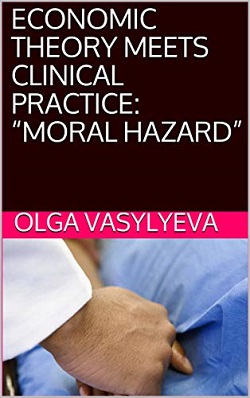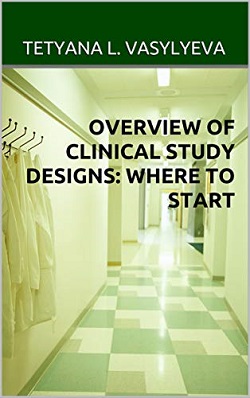Corporate Affiliations


ECONOMIC THEORY MEETS CLINICAL PRACTICE: “MORAL HAZARD”
Economic theory must be tested to prove that goals are achievable and reproducible. Unfortunately, economic theories related to health care are not always based on modern-day medical practice, which can result in misalignment of economic recommendations from real-life medicine. The theory of “moral hazard” assumes that patients will utilize more medical services if insurance pays for it. In this article, we will revisit the understanding of appropriate avoidance of medical services and incorporate no-show rate, avoidance of care, and nonadherence into the realities of health services utilization. The primary goal of this interdisciplinary commentary is to bridge economic theory with clinical practice. It is written from the perspective of a clinical practitioner, who applies realities of everyday medicine to economic reasoning. The author hopes to extend the field of vision of healthcare economics.

OVERVIEW OF CLINICAL STUDY DESIGNS: WHERE TO START
If you are interested in this book, it means that you want to advance clinical science and want to know how and what options you have, where to start, and how to move forward with “evidence-based medicine.” Of course, if you have a research question, you want to answer and find proof of your ideas. There is new technology coming all the time. The questions, which were unfeasible to answer before, had a fresh “wind” approach and a higher resolution of the subjects; that could answer previously “impossible to answer” questions. Before you start, you need to understand that conducting good research is a complicated task, time-consuming, energy-driven, and sometimes expensive. Nonetheless, it is also gratifying with a feeling of accomplishment and benefit to society. We hope this book will help you to answer some of the research questions. We will try to describe and explain different study designs in this book. It will be up to you which one to choose, which one fits your ideas and goals. Good luck with your study.

Sometimes the only way to understand people is to experience that they went through. This is the hardest way, which, as someone would say, starts with ignorance of words, feelings and life lessons of the others. The artist with challenges striving to fulfill his talent until the war questions the very meaning of the art. What can force a man to give up on his settled views and aspirations of his life? This story brings to light the importance of listening to others, no matter how far from us they are or how irrelevant to us their lives seem to be. This short story is written by not native English speaker with fluent English.